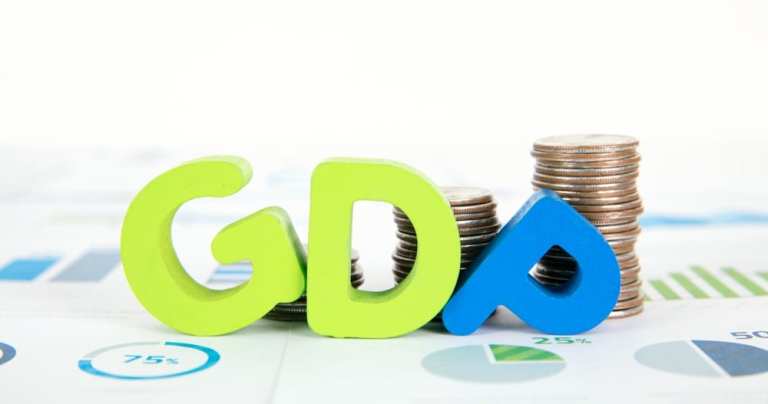Do Soft US Business Investments Mean A Bumpy Holiday Season On Horizon?

Does a softness in investment activity by U.S. firms hint at a rocky fourth quarter and bumpy holiday spending season?
As reported by Reuters on Monday (Aug. 26), orders for some U.S. capital goods were up in July, but shipments were down by the most in about three years. The implication, the newswire said, is that there could be a slowdown in economic activity into the third quarter, which ends in September.
In terms of the headline numbers, Commerce Department data showed that non-defense capital goods orders were up 0.4 percent, better than the 10-basis-point drop economists had forecast. But data for June showed a bit of softening, where 1.5 percent growth was revised downward to 90 basis points.
The core capital shipment data may be a bit more sobering, considering that shipments for core capital goods were off 70 basis points in July, the most significant drop since October 2016. And the numbers for June shipments were also revised downward, to flat rather than the 30-basis-point rise that had been reported.
The trade war has certainly helped cloud the ability to gauge end demand, or to calibrate shipments or production. In another data point that gives a nod to slower economic growth, on Monday (Aug. 26) the Chicago Fed said the latest reading of its national activity index fell to negative 0.36 basis points, from nearly flat in June. Negative showings, it was reported, hint at below-average economic growth.
The latest data also shows that unfilled orders for goods were up 10 basis points, while inventories rose faster, at 40 basis points – which hints that items are in stock but not in demand. Shipments also help to spur GDP growth while hinting at future prospects. If companies stocked up on inventory in a scramble to get “in front” of the tariff wars that escalated through the summer, that inventory may not get sold. None of this augurs well for the economy at large, where 2.1 percent growth is perhaps something to aspire to rather than an aberration for much faster growth.
The pause in shipments shows that business spending, at least on the items that help them make things or run operations, is on hold. Firms hold back on such investments, generally, in the face of uncertain demand. The lack of confidence of end user/customer demand means that in general, firms do not seek to expand operations. If they do not expand operations, the eventual impact is a slowdown in hiring and perhaps even in wages (after all, higher wages lure talent). Restraint in hiring or wages, of course, may imperil consumer confidence, which is critical for continued spending.
Might all of the above spell trouble for retailers coming into the holiday shopping season? Time will tell, but the bells seem to be sounding alarms rather than jingling.